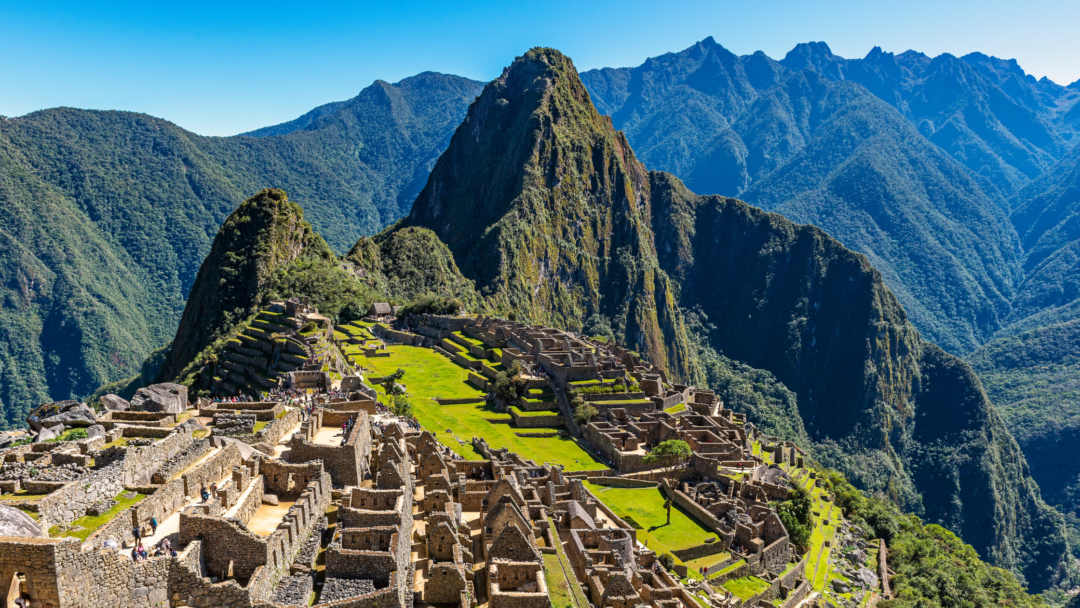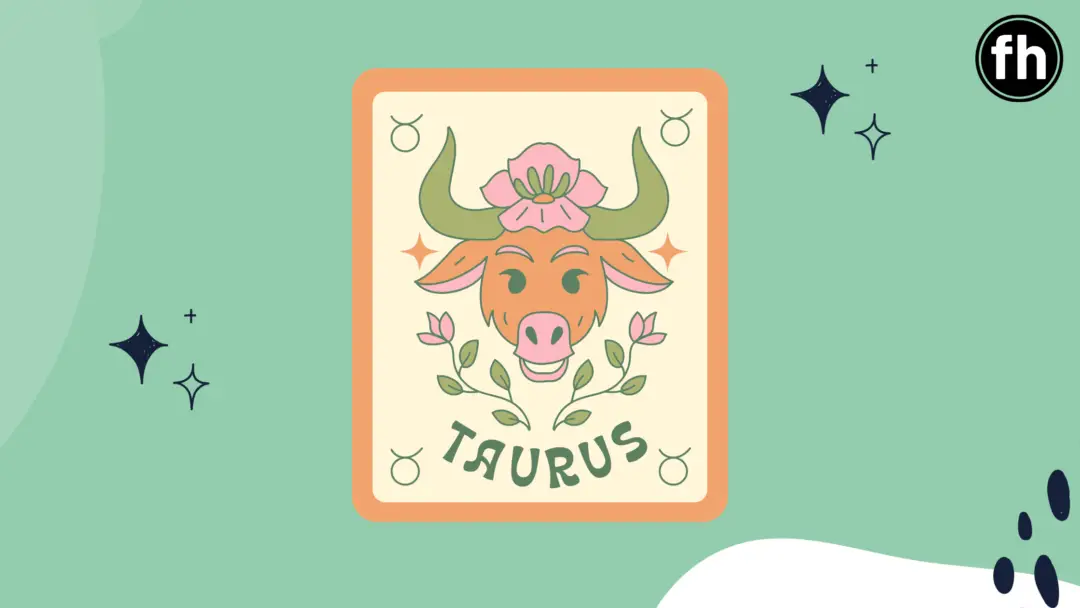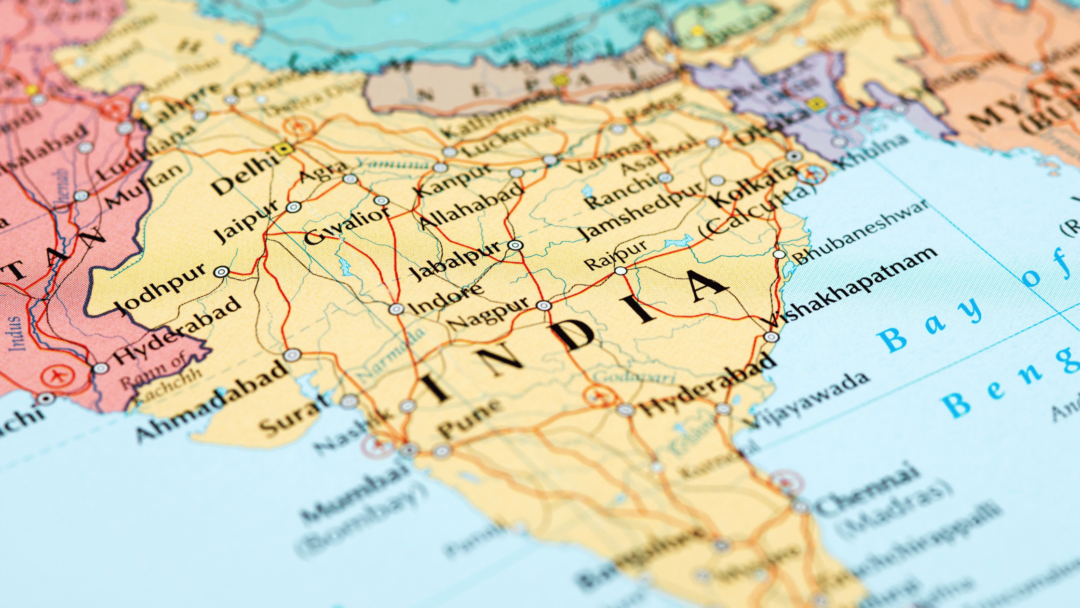When you explore the most popular hobbies in New Zealand, you’re diving into a fascinating blend of cultural significance and leisure that paints a vivid picture of the nation’s identity.
Walking stands out as the most popular physical recreation activity, with 64% of New Zealanders aged 16 and over engaging in it for sport or recreation.
Radio broadcasts, starting in the 1920s, laid the foundation for domestic recreation, where listening was a communal experience for families.

In the 1960s, television swiftly became the foremost recreational activity, a trend that continued until the internet gained prominence in the 1990s. Yet, despite these technological shifts, traditional hobbies like radio listening and community picnicking have maintained their charm.
In addition to these pastimes, the rich cultural heritage of Maori arts and crafts remains integral to New Zealand’s identity.
Traditional carving, weaving, painting, and tattooing are not only artistic expressions but vital threads in the cultural fabric, reflecting centuries-old traditions essential for communal survival.
The Essence of Kiwi Culture
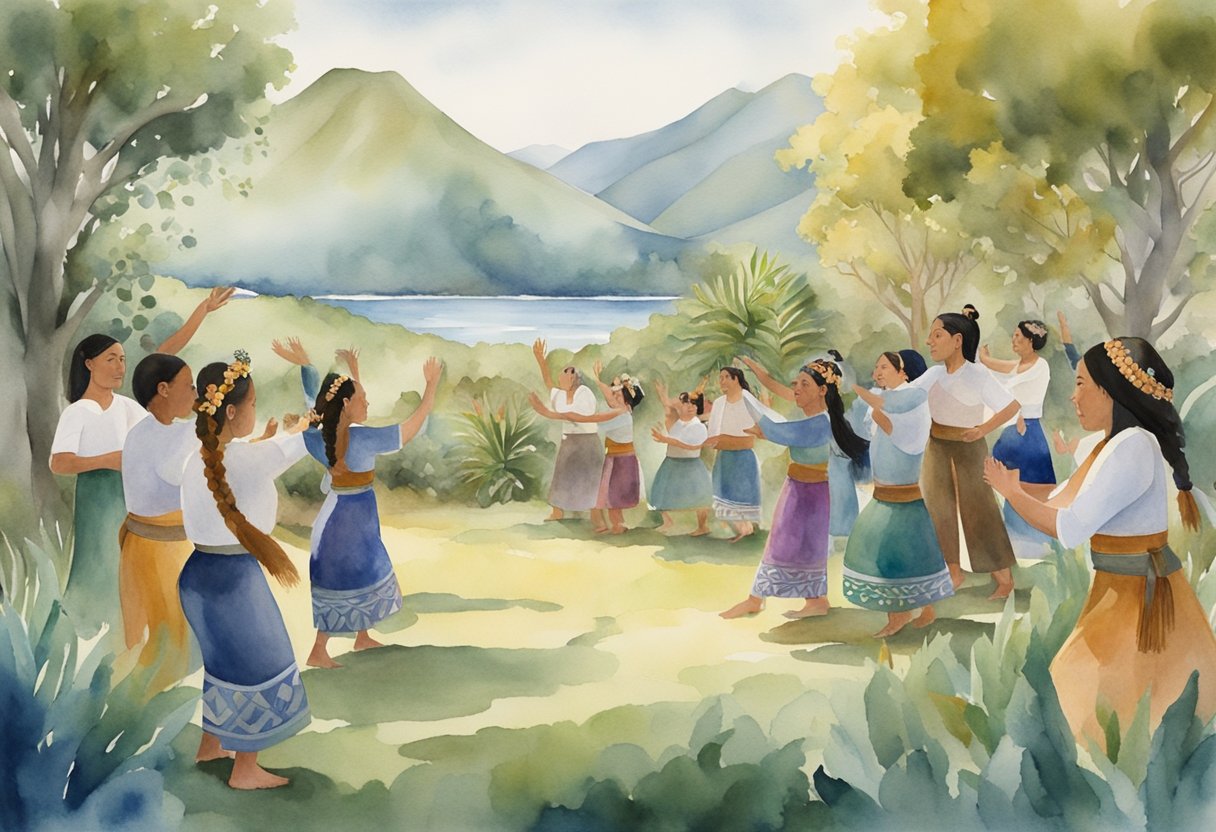
New Zealand presents a rich blend of traditional Maori heritage and contemporary hobbies that cultivate a unique cultural identity. Discover how traditional arts and modern interests intertwine to shape the lively essence of Kiwi culture.
Maori Heritage and Traditional Arts
Maori heritage plays a vital role in New Zealand’s cultural landscape. The traditional art forms, such as weaving and wood carving, carry significant historical narratives and serve as a means of preserving the ancestral stories.
Weaving (raranga) is a revered skill, often showcased through intricately designed flax (harakeke) baskets and mats.
These items are not merely decorative but hold practical uses and symbolize a connection to the earth.
Wood carving (whakairo) is another cornerstone of Maori craftsmanship.
Intricate carvings adorn meeting houses (wharenui) and canoes (waka), illustrating the deep spiritual and historical contexts. The designs, often featuring ancestral figures and tribal symbols, reflect community values and histories.
Visiting a Maori village in Rotorua offers a firsthand experience of these artistic traditions. You’ll witness the vibrant expressions of Maori cultural identity.
Cultural Identity Through Hobbies
Hobbies in New Zealand often reflect the outdoor-centric way of life. Many Kiwis engage in activities that strengthen their connection to nature, community, and heritage.
Outdoor pursuits such as tramping (hiking) and water sports are incredibly popular.
These activities not only provide physical benefits but also foster a collective cultural identity.
Embarking on a hike through New Zealand’s landscapes offers insight into the country’s natural beauty and cultural history.
Artistic hobbies, such as painting and crafting, draw inspiration from traditional Maori arts, integrating weaving and wood carving techniques.
These modern adaptations serve as a bridge between the past and present, maintaining cultural relevance while encouraging creative expression.
Engaging in these hobbies offers a profound sense of belonging and connection to New Zealand’s rich cultural tapestry.
Popular Outdoor Activities
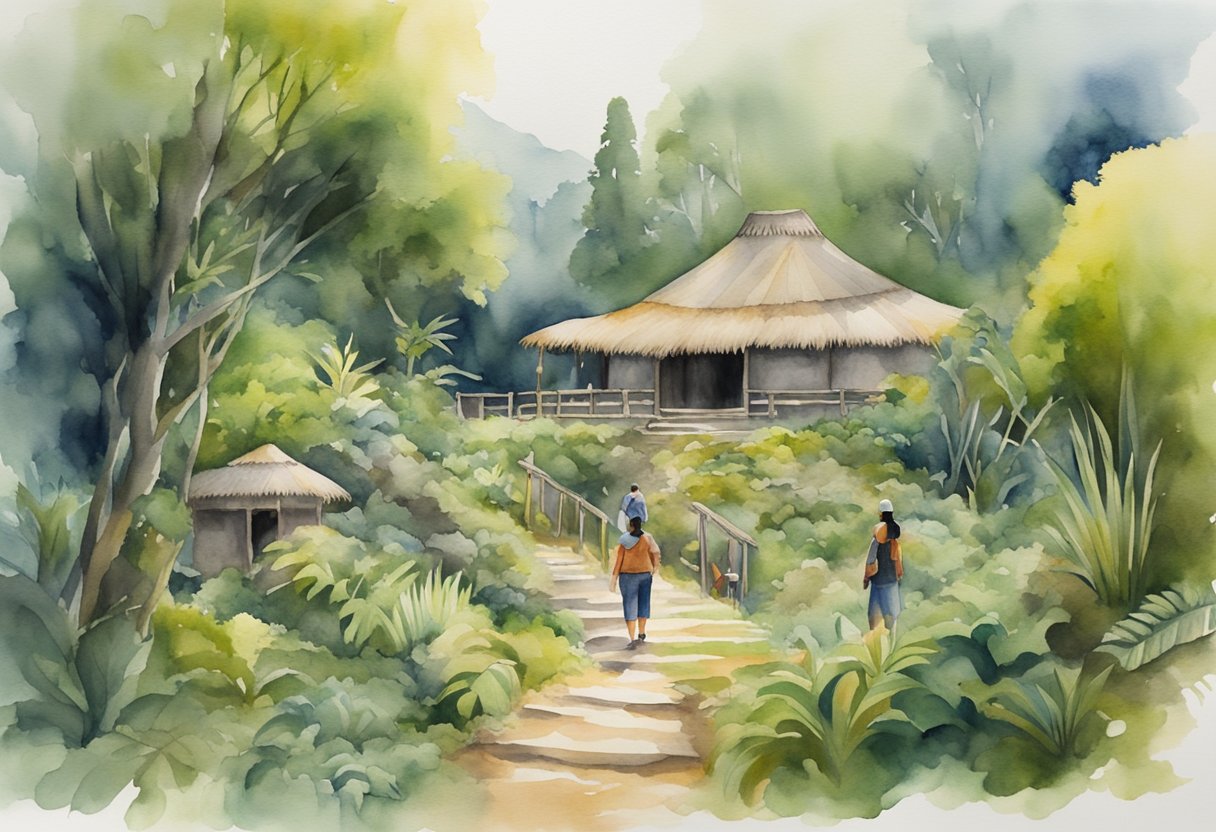
New Zealand offers a wide range of outdoor activities that foster a connection with nature, sports, and its unique landscape. From high-energy rugby games to the tranquil beauty of gardens and scenic walks, there’s something for everyone.
Rugby: A National Obsession
Rugby is not just a sport in New Zealand; it’s a cultural phenomenon. The All Blacks, New Zealand’s national rugby team, have an impressive record and are celebrated worldwide.
Matches are major events, drawing large crowds and fostering a sense of national pride.
Children start young, often joining local clubs and participating in community games.
You can experience the passion for rugby firsthand by watching a live game, visiting a training session, or even joining a local touch rugby match.
Rugby parks and stadiums are scattered across the country, making it accessible no matter where you are.
If you’re a sports enthusiast, attending a rugby match is a must. You’ll see intricate gameplay, hear the thrilling chants, and feel the adrenaline rush that unites fans and players alike.
Gardening and Connection with the Environment
Gardening is a beloved hobby in New Zealand, reflecting the country’s deep connection with its environment.
Many New Zealanders take pride in their gardens, growing both ornamental plants and edible crops.
Urban and rural areas alike boast beautifully maintained gardens, thanks to a favorable climate and rich soil.
Community gardens are popular, where you can rent a plot and grow your own vegetables or flowers.
These spaces not only provide fresh produce but also foster a sense of community and environmental stewardship.
Gardening clubs and societies often host events, workshops, and garden tours, offering you the opportunity to learn and share knowledge.
Native plants like flax, kowhai, and pohutukawa are often featured in gardens, promoting biodiversity and supporting local wildlife.
You can start your own garden with these easy-to-care-for species, contributing to the preservation of New Zealand’s unique flora.
Walking and Exploring the New Zealand Landscape
New Zealand’s diverse landscapes make walking and hiking immensely popular activities.
Trails range from short, easy walks to multi-day treks, catering to all levels of fitness and experience.
Some renowned trails include the Tongariro Alpine Crossing and the Milford Track, offering breathtaking views of mountains, lakes, and forests. National parks provide well-marked paths, ensuring safety and accessibility.
Walking tours in places like Rotorua and the Bay of Islands highlight natural wonders such as geothermal areas, glowworm caves, and pristine beaches.
Guides often share insights into the local history and ecosystem, enriching your experience.
Invest in a good pair of walking shoes and explore these scenic routes. You’ll discover the beauty of New Zealand’s nature firsthand, from lush green valleys to rugged coastlines, all while staying active and engaged.
Creative Pursuits
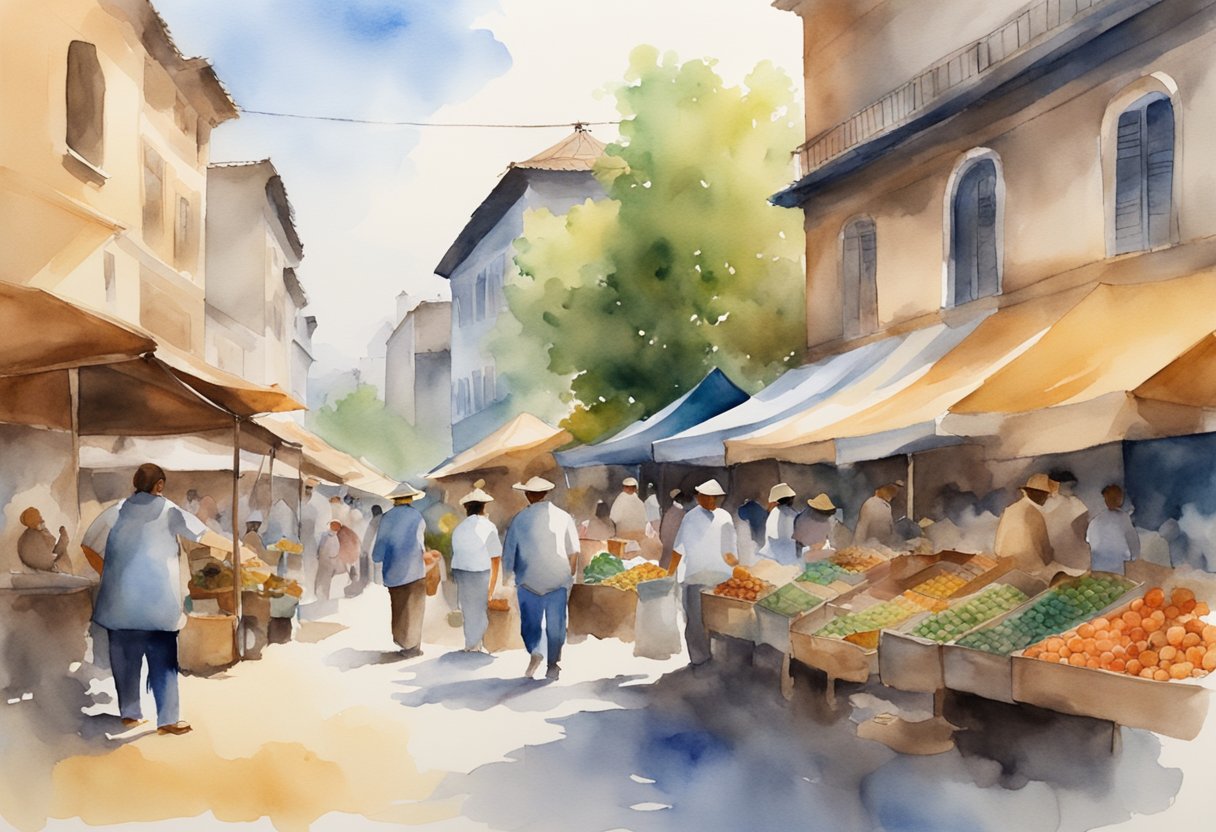
New Zealand offers a rich tapestry of creative activities that reflect both traditional Maori influences and contemporary global trends. Whether you are interested in hands-on crafting, visual arts, or photography, there’s something to satisfy your creative inclinations.
Crafts and DIY Culture
New Zealand boasts a lively crafts and DIY culture. You’ll find many local craft fairs where artisans showcase handmade jewelry, pottery, and textiles.
Workshops are frequently held, providing opportunities to learn knitting, woodworking, and other skills.
Maori artisans are renowned for their whakairo (carving) and raranga (weaving). These traditional crafts are often taught in community classes.
Engagement in DIY projects can also be seen in home decoration, with many opting for upcycling old furniture or creating custom pieces.
The Vibrant Scene of Painting and Sculptures
The country is home to a network of galleries and studio spaces where artists exhibit their work.
Contemporary painting and sculpture are prominent, with pieces that often reflect the stunning landscapes of New Zealand.
Public art installations are scattered across cities, giving you a chance to appreciate these works outdoors.
Celebrated artists like Ralph Hotere and Gretchen Albrecht have contributed significantly to the art scene with their unique styles.
Photography: Capturing the New Zealand Beauty
Photography in New Zealand offers boundless opportunities to capture its natural beauty. From majestic mountains to serene lakes, photographers are drawn to diverse landscapes.
Landscape photography is particularly popular, and you can find many spots to perfect your craft.
Workshops and clubs dedicated to photography flourish, providing you with platforms to enhance your skills.
Renowned photographers like Peter Latham have made careers out of capturing the essence of New Zealand, inspiring many to follow suit.
The Digital Era of Entertainment

In New Zealand, the digital transformation has significantly influenced how people engage with entertainment. From gaming and internet activities to watching television and films, the landscape of hobbies has evolved.
Gaming and Internet Use
New Zealand has embraced the digital revolution, with a strong inclination towards gaming and internet use.
Gaming has deep roots in New Zealand’s history, originating with traditional Māori games like Kī-o-rahi. Today, online gaming and social platforms have become immensely popular.
The rise of social networks in 2007 and the widespread use of platforms like Facebook and Twitter by 2012 marked a significant shift.
In fact, after the Canterbury earthquakes in 2010 and 2011, social media played a crucial role in disseminating news quickly.
Additionally, the internet has facilitated new forms of recreation, such as creating memes, animations, and music, which have become favorite pastimes for many.
Television and Film Consumption
Television remains a cornerstone of entertainment in New Zealand. Since the introduction of TV in 1960, it quickly became the primary form of recreation.
Radio initially kept families entertained throughout the 1920s, but the advent of television brought about a new era. Even with the rise of the internet in the 1990s, television viewing has not lost its charm.
Streaming services have further revolutionized how New Zealanders consume films and TV shows.
Many people now prefer the convenience of on-demand content over traditional broadcast schedules.
This shift has also influenced local media production, with increased demand for New Zealand-specific content that reflects the nation’s identity and culture.
Spiritual and Mindful Practices
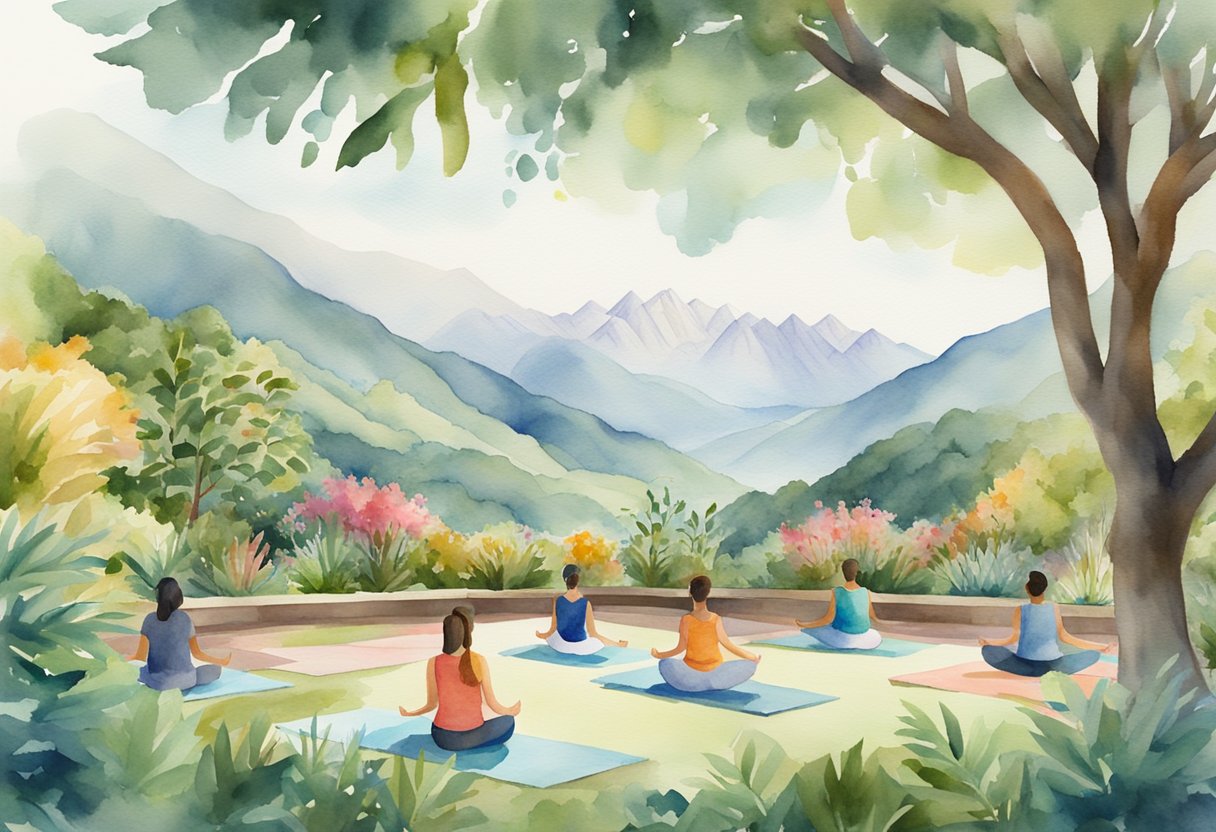
In New Zealand, engaging in spiritual and mindful practices has become a popular way for individuals to prioritize mental wellbeing and find inner peace. These activities not only foster a sense of tranquility but also enhance one’s discipline and connection to self.
Spirituality and Mindfulness
Practicing spirituality and mindfulness helps in building a deeper connection with oneself and the environment.
Many New Zealanders turn to spirituality to navigate the complexities of modern life.
Mindfulness practices, such as meditation and breathing exercises, are widely embraced to foster a sense of calm and reduce stress.
Mindfulness is about staying present and fully engaging with the current moment. This helps in boosting mental clarity and emotional stability.
Engaging in these activities regularly is key. Incorporate them into your daily routine to create a harmonious balance between mind and body.
The Role of Meditation and Yoga
Meditation and yoga are integral components of mindfulness. By setting aside a few minutes each day for meditation, you can significantly improve focus and reduce anxiety. Many prefer guided meditation sessions to ease into the practice.
Yoga, practiced 2-3 times per week, offers both physical and mental benefits. It strengthens the mind-body connection and promotes flexibility and physical strength.
Both practices require consistency and discipline. Making time for these activities can foster a balanced state of mind, aiding in overall wellness. They are accessible and can be tailored to suit individual preferences and schedules.
The Socio-Economic Impact of Hobbies
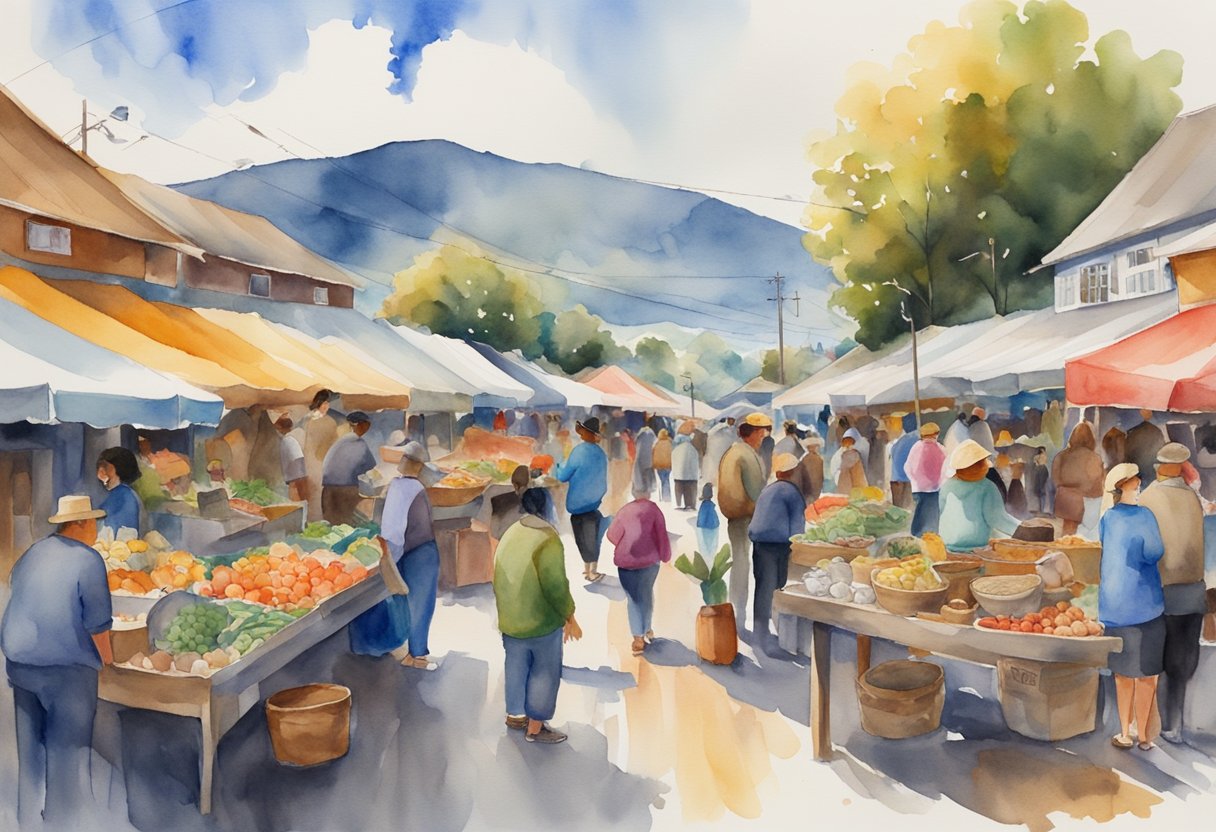
Hobbies play a significant role in shaping the socio-economic landscape of New Zealand, affecting aspects such as income distribution and the allocation of leisure time, as well as influencing sponsorship trends in professional sports.
Income and Leisure Time
New Zealand’s workforce often balances income-earning activities with leisure pursuits. Engaging in hobbies can enhance mental health and productivity. For many, hobbies are a means to unwind, reducing stress and improving overall job performance. This creates a positive economic impact by potentially lowering healthcare costs and increasing work efficiency.
Higher income individuals typically have more discretionary funds to invest in higher-cost hobbies. This includes activities such as yachting or golf, which have substantial economic benefits through the purchase of equipment, travel, and club memberships.
Conversely, lower-income individuals may engage in more cost-effective hobbies like hiking or community sports, which still contribute to local economies through related spending.
Sponsorship in Professional Sport
Professional sports in New Zealand garner significant sponsorship, directly impacting the nation’s economy. Sponsorship deals are often lucrative, attracting both national and international brands. This financial support enables athletes to train at higher levels and participate in global competitions, elevating New Zealand’s standing in the sports world.
The benefits extend beyond athletes to include local businesses and communities that host sporting events. These events drive tourism, hotel bookings, and restaurant sales, stimulating economic activity. Moreover, high-profile sponsorships often provide funding for community sports programs, widening access to sports for children and young adults, thereby fostering future athletic talent.
Cultural Exchanges and Fusion

New Zealand’s rich cultural landscape is significantly shaped by the infusion of global hobbies and the integration of various cultural practices into everyday leisure activities. This diversity enhances the community and introduces unique traditions to New Zealanders.
Influence of Global Hobbies
New Zealand has embraced numerous hobbies from around the world. Calligraphy is one appreciated art form, offering workshops and classes for enthusiasts.
Karaoke bars flourish in cities like Auckland and Wellington, reflecting the influence of Asian culture.
Meanwhile, Martial Arts such as Judo, Karate, and Taekwondo attract both youth and adults, with clubs and competitions across the country.
The Japanese practices of Bonsai gardening and reading Manga have also gained dedicated followings, with local clubs and exhibitions keeping these traditions alive.
Multicultural Integration in Leisure Activities
Various cultural groups in New Zealand bring their unique leisure activities to the community, creating a dynamic social fabric.
The Tamaki Maori Village and Whakarewarewa Living Maori Village offer immersive experiences that allow you to learn about Maori traditions and history.
Immigration has introduced numerous festivals and events. You might find yourself participating in Diwali celebrations, enjoying Japanese tea ceremonies, or attending workshops on traditional Chinese pottery.
This fusion of cultures in everyday hobbies not only broadens your perspective but also fosters a more inclusive society, allowing you to experience the world without leaving New Zealand. These multicultural activities are integral to local life, providing enriching opportunities for engagement and understanding.
The Arts and Cultural Landscape
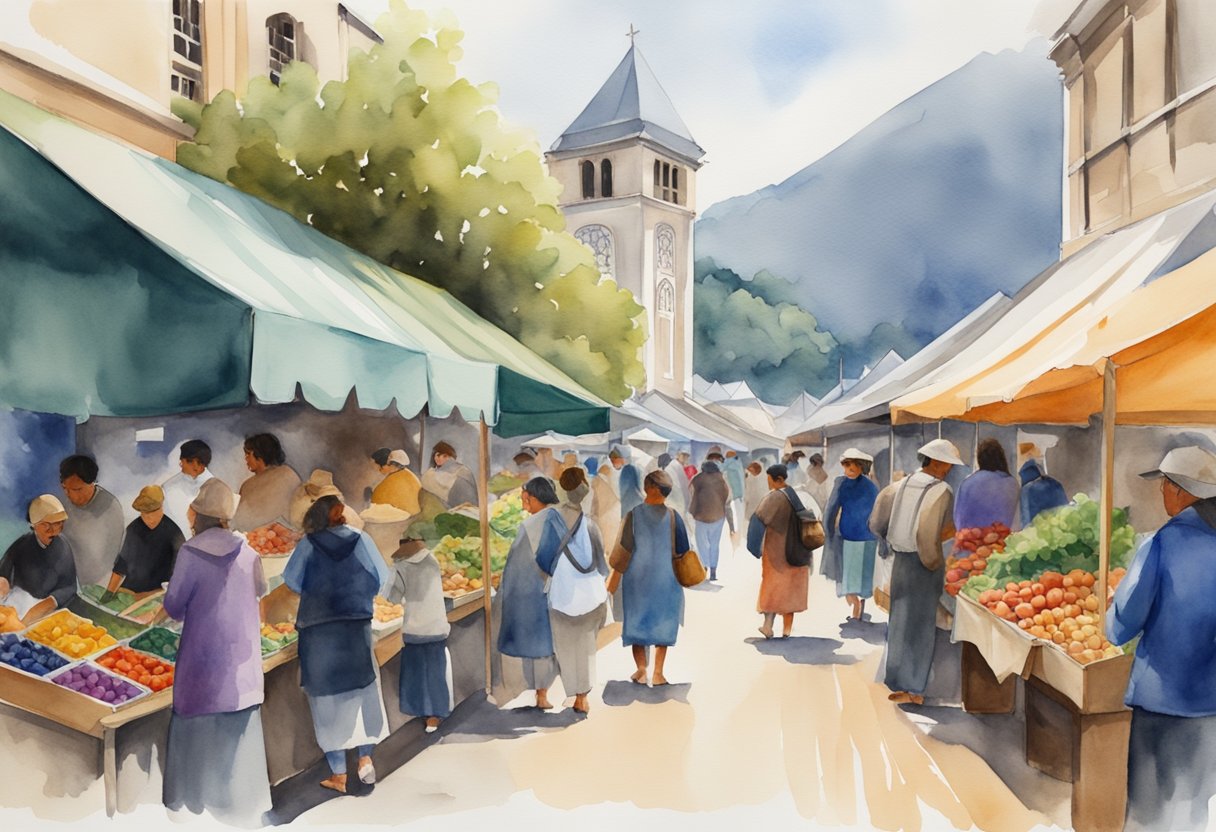
New Zealand’s arts and cultural scene is vibrant and rich with history. You will find engaging museums, unique exhibitions, and initiatives that nurture local talent.
Museums and Exhibitions
New Zealand boasts numerous museums and galleries that showcase both historical and contemporary art. The Te Papa Tongarewa Museum in Wellington provides an expansive view of the nation’s history through interactive displays and traditional Māori artifacts. The Auckland Art Gallery Toi o Tāmaki features extensive collections of both local and international art, hosting rotating exhibitions that keep the experience fresh.
Smaller, specialized venues, like the Dowse Art Museum in Lower Hutt, focus on contemporary craft and design. Whether it’s the intricate wood carvings or the extensive weaving exhibits, these institutions offer insightful glimpses into New Zealand’s rich artistic heritage.
Fostering Local Talent in the Art Scene
New Zealand’s art scene thrives on the promotion and support of local talent. Various programs and festivals provide platforms for emerging and established artists to display their work. The Aotearoa New Zealand Festival of the Arts, for example, is a premier cultural event where you can witness a range of performances and exhibits.
Institutions like the New Zealand Māori Arts and Crafts Institute at Te Puia in Rotorua allow you to learn about traditional Māori arts directly from expert carvers and weavers. These opportunities not only preserve these ancient skills but also inspire new generations of artists.
Frequently Asked Questions
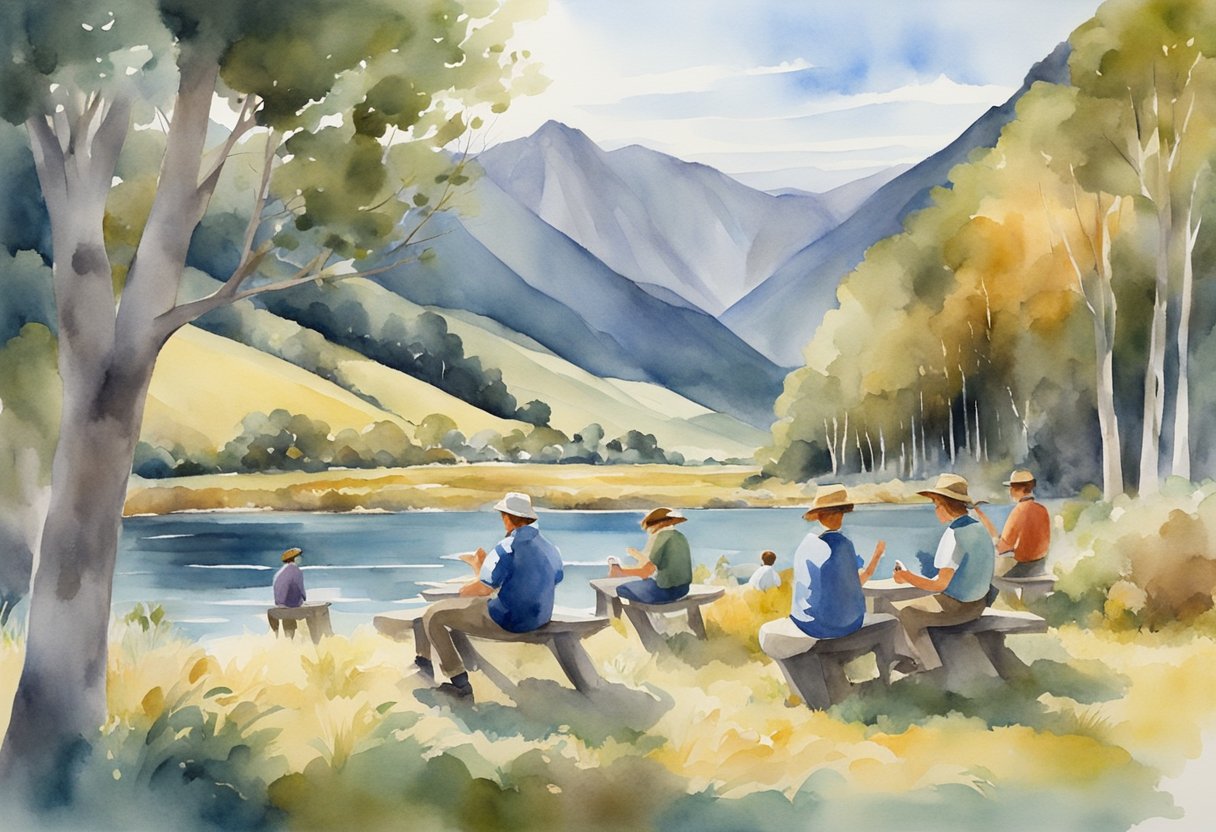
New Zealand offers a blend of engaging outdoor activities, deep-rooted Maori cultural experiences, and unique hobbies reflecting its rich history. Whether you’re an adventurous traveler or a culture enthusiast, you’ll find numerous ways to immerse yourself in the local way of life.
What are some popular outdoor activities in New Zealand?
Popular outdoor activities in New Zealand include hiking, also known as tramping, in places such as the Tongariro Alpine Crossing. Other favorites are bungee jumping and skydiving in Queenstown, surfing at Raglan, and exploring the geothermal areas of Rotorua.
How can a person get involved with Maori cultural activities?
You can participate in Maori cultural activities by visiting locations such as Te Puia and Whakarewarewa, where you can witness traditional performances. Consider attending a hangi feast or exploring traditional arts and crafts at venues like the Maori Arts and Crafts Institute at Te Puia.
What are the must-visit destinations for a cultural trip in New Zealand?
Key cultural destinations include the Waitangi Treaty Grounds, the birthplace of New Zealand as a nation. Rotorua is another must-visit for its vibrant Maori culture and geothermal wonders. The Living Maori Village in Whakarewarewa offers a unique cultural experience set against a geothermal backdrop.
Can tourists participate in traditional New Zealand hobbies?
Yes, tourists can join in traditional New Zealand hobbies like hand-feeding animals at Agrodome or tasting local produce such as kiwi fruit juice and honey. You can also visit museums and participate in activities at cultural centers, thereby gaining a deeper appreciation of local crafts and traditions.
What are unique New Zealand hobbies that reflect local history and culture?
Unique hobbies in New Zealand include learning traditional Maori weaving and carving. You might also engage in sports like rugby, a vital part of New Zealand’s identity, or trek the many scenic trails that crisscross the country’s diverse landscapes.
What is the best way for visitors to experience Maori culture on the North Island?
The best way to experience Maori culture on the North Island is by visiting Rotorua. This city offers geothermal parks like Te Puia.
It also has cultural villages such as Whakarewarewa, and opportunities to enjoy traditional performances and learn about Maori traditions through interactive experiences.


